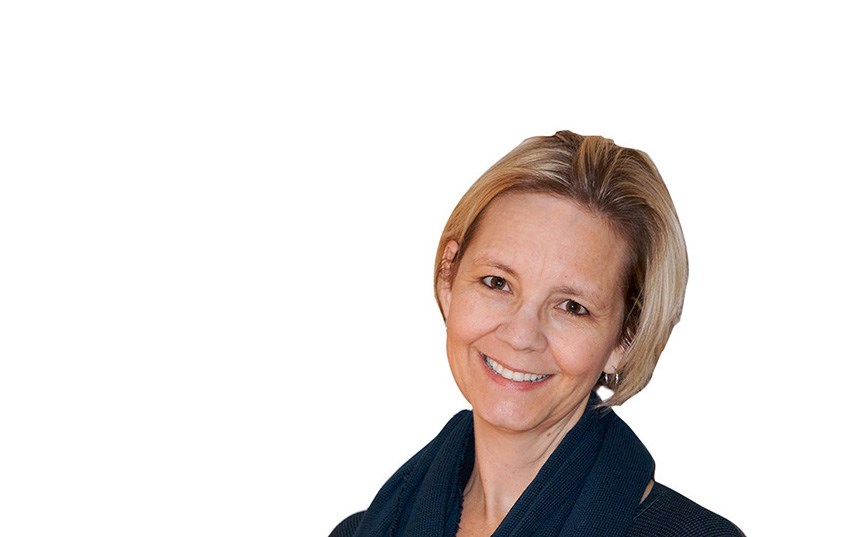Sixteen per cent of Squamish children live in poverty, according to a recently released child-advocacy report card.
That statistic puts a lump in my throat.
I was a poor kid; not living-on-the-street poor, but the kind of poor where hydro and phone services were occasionally cut off and the repo man once came knocking.
My brother and I always knew when our parents’ payday was and counted down to the big grocery shop the cheques triggered.
Life as a poorer kid is not what those with money think it is, at least it wasn’t for me. Thanks to my parents, who made us feel they had things under control even when they didn’t, the lack of money never scared me or made me sad.
Unlike Squamish now, the community I lived in had plenty of affordable rentals. When we lost our house, we moved to a townhouse, and after that there were even cheaper apartments, co-ops and trailer parks. I never feared we would be homeless.
What is hard about being a poor kid in a capitalist society is the glaring divide between rich and poor. It is the perceived failure. It is the shame others make you feel. I still cringe thinking about when a friend asked why my house was so “skuzzy.” The carpet had been rotten when we moved in, so my mom pulled it all out and we used felts to colour the plywood below. The house was spotless and mould-free, not skuzzy.
Comments like that did more to damage my self-esteem than the days finding creative ways to make groceries stretch to payday.
Being pitied as a poor kid sucks. Well-meaning teachers or friends’ parents gave me sad looks when I said our phone was cut off until next month or I didn’t recognize a fancy appliance. The shame those well-meaning people made me feel was far worse than the not having.
In addition to affordable housing and access to services like those available from Squamish Helping Hands Society and the Howe Sound Women’s Centre, two things every poor kid needs are: the understanding that they have survival skills, perspective and resilience other kids don’t, and a belief that while a lack of money may define them to some, it doesn’t restrict their potential.



